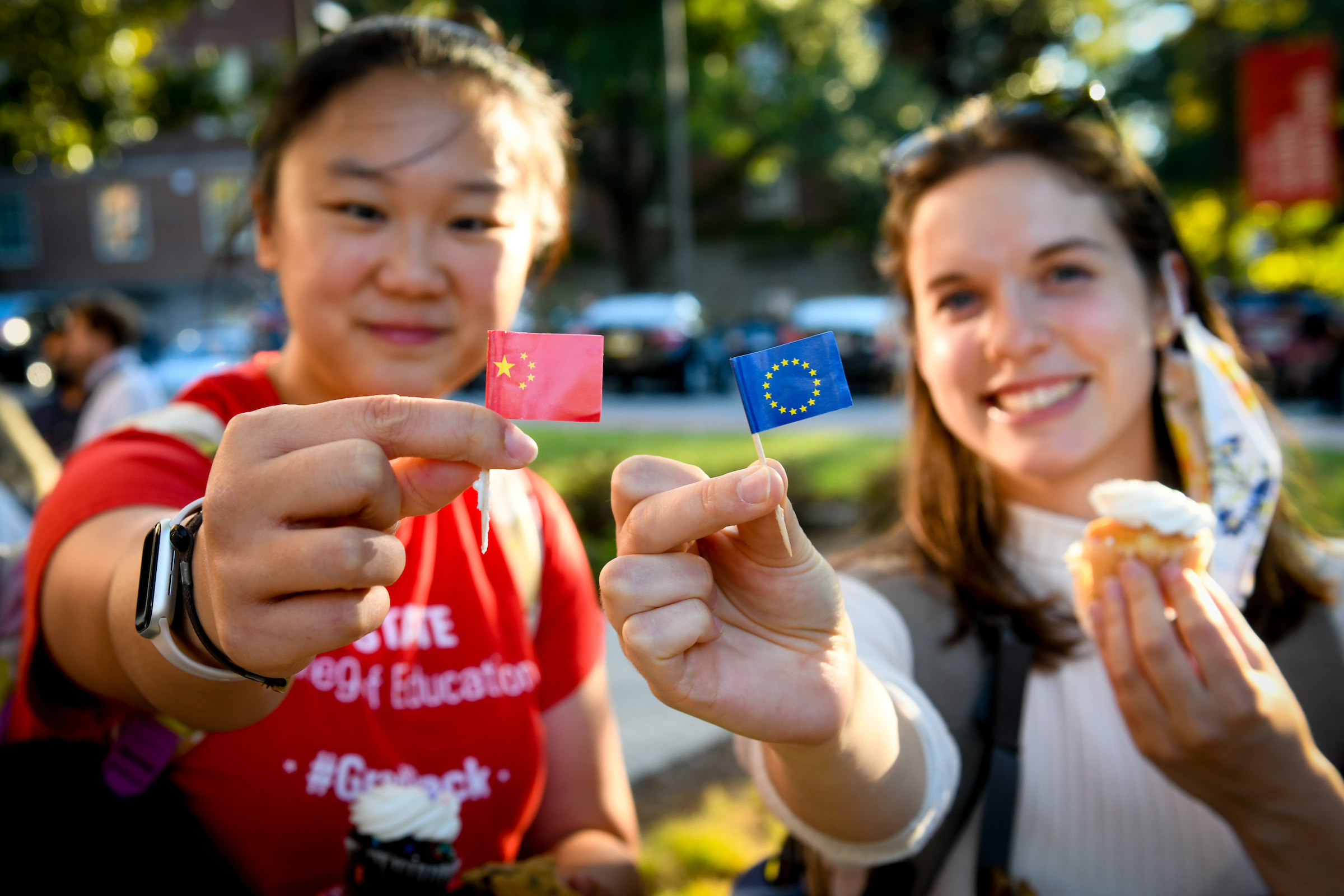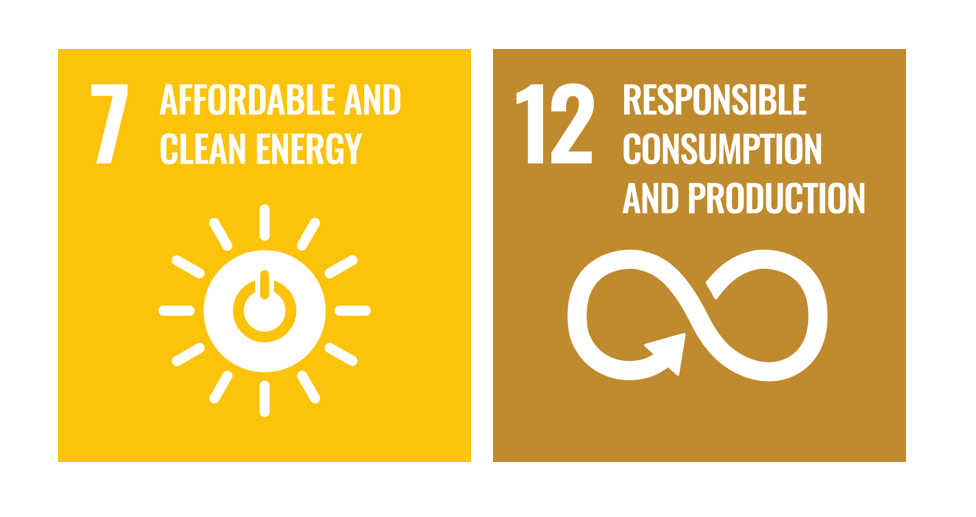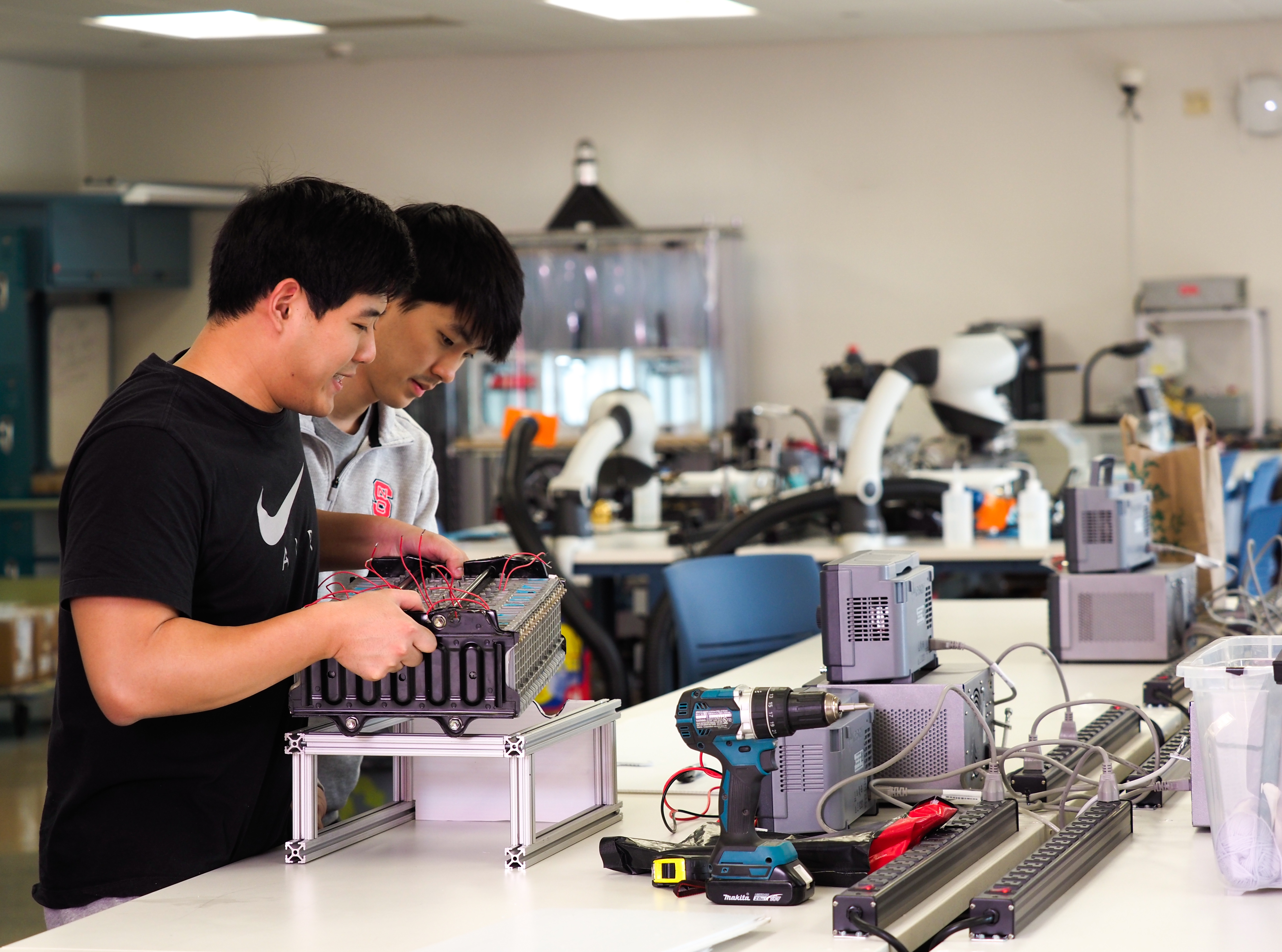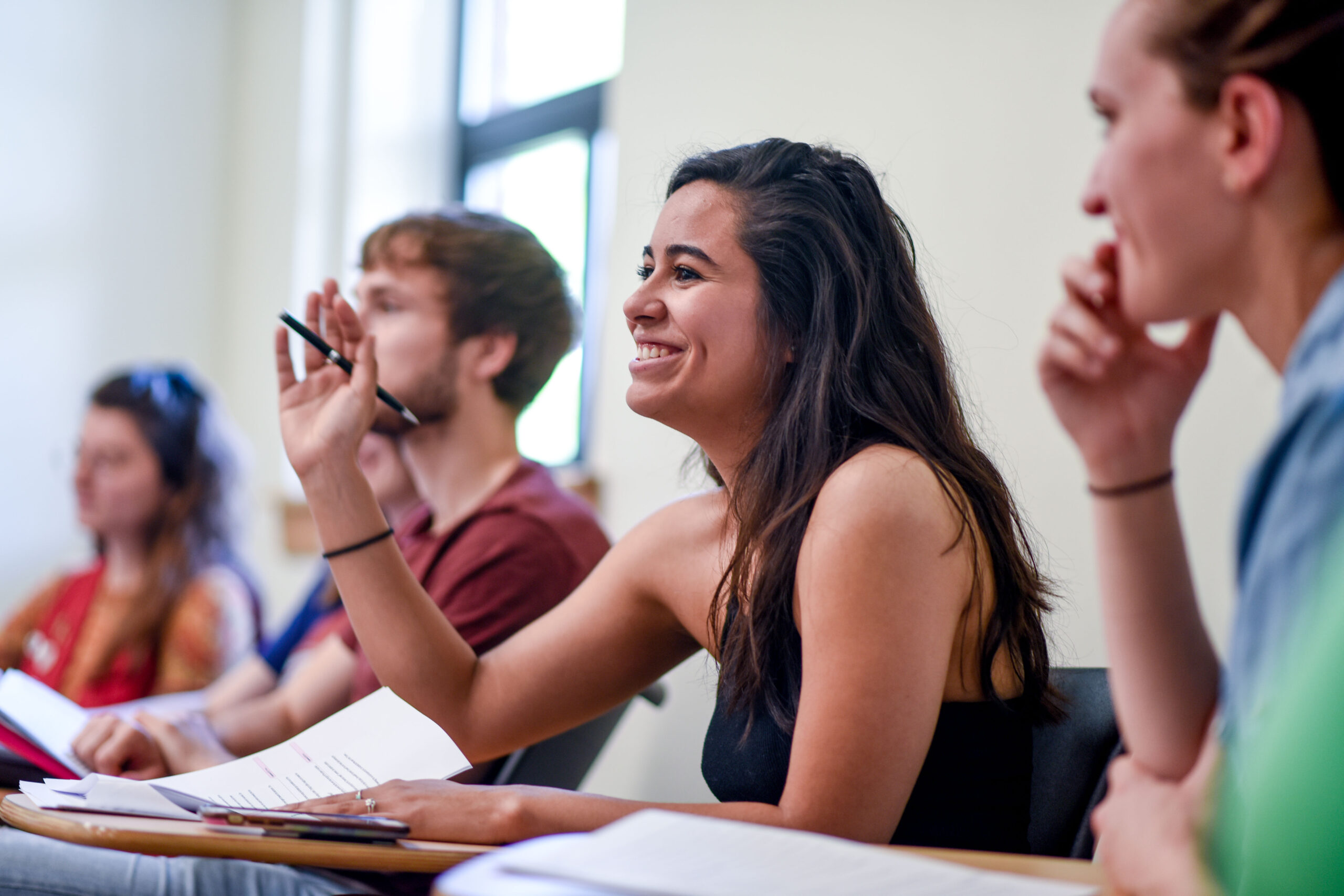
36 Hours to Save the World
One weekend. One Challenge. Your Solutions.
Global Challenge Weekend
From poverty to clean water, sustainable innovation to responsible consumption, the challenges that affect our world are global in scope and will need to be tackled with an interdisciplinary approach that brings together scientists, philosophers, engineers, and creative thinkers to leverage a range of backgrounds and experiences.
That’s where you come in.
In one intense weekend experience, high school students from across the world will meet online to brainstorm possibilities, research options, pitch ideas, develop prototypes, and present their projects to impress our judges and win Best Global Challenge Solution.
Global Challenges require collaborative solutions.
Each iteration of our Global Challenge Weekend is a unique topic designed by faculty mentors to create opportunities that bridge STEM and humanities, crossing time zones and skillsets to address issues in line with the UN Sustainable Development Goals.
Timeline
SDGs and Faculty Mentors Announced (Fall)
- Each challenge chooses 2-3 SDGs as broader issues to give students an idea of the final project
- Challenge specifics will be announced to all students at kickoff
- Faculty mentors from NC State and other UNC System schools are chosen
Student Registration Opens (Fall)
- Register for the program online.
- Choose your specialty when registering so other students can use this information to help form teams with diverse abilities.
Prepare (1-3 months in advance)
- Receive access to our Knowledge Database once registration is complete:
- This selection of articles and information compiled by our faculty mentors provides the foundational knowledge you’ll need for the competition – plus potential hints towards what our specific global challenge will be.
- The earlier you sign up, the more time you have to read through the materials.
Mentor Meet & Greet (Global Challenge Weekend)
- Join the Global Challenges team for a Technology Orientation and Mentor Meet & Greet the Friday night (Eastern time) before kickoff:
- This is your chance to ask questions about the readings, meet fellow potential teammates, and gain access to the Team Spreadsheets and Discord.
Kickoff and Competition (8 a.m. EST Saturday to 8 p.m. EST Sunday)
- From 8 a.m. Saturday (Eastern time) to 8 p.m. Sunday evening, you and your team will have 36 Hours to Save the World.
- Kickoff: The specific Global Challenge is announced live over Zoom at 8 a.m. EST on Saturday.
- What solutions can you come up with to help mitigate or solve this global challenge?
- Will your solution be STEM-based, like software, coding hacks, or an engineering prototype?
- Will your solution be business-oriented, like a financial plan, a statistical analysis, or an entrepreneurial proposal?
- Will your solution be grounded in politics, law or ethics–a presentation you might give to the UN or a legislative body, a research proposal, or a public policy ordinance?
- Do you have other ideas? Medical research? Architectural schematics? A powerful piece of performance art? There are no limits! Only innovative, interdisciplinary ideas.
- For the next 36 Hours, you’ll brainstorm solutions, form teams, research options, design prototypes, write policy, code programs, and collaborate with students from all over the world to propose the best solution to our unique challenge question.
- Faculty Mentors will be available on Saturday and Sunday for “office hours” over Zoom – ask questions, show them what you’re working on, get advice, and make connections.
- Final projects must be uploaded no later than 8 p.m. Sunday (Eastern time) to be eligible for judging and awards.
- Kickoff: The specific Global Challenge is announced live over Zoom at 8 a.m. EST on Saturday.
Judging and Awards (1-2 weeks later)
- Judging will take place over the next few weeks, with a final ceremony and announcement of winners over Zoom. Every student will recieve a Certificate of Participation, and each member of the winning team(s) will receive a Certificate of Excellence and their proposed solution will be featured on our website.
Winter 2026 Global Challenge:
Goals
7 and 12

Winter 2026 Faculty Mentors
FAQs
Do I have to stay up for 36 hours straight?
No! While you are welcome to pull an all-nighter, we encourage you to form teams with students from other time zones, in order to best utilize the time allotted. Manage tasks and delegate responsibilities so that team members can get sleep while others work.
What does it mean to pick a “specialty”?
What are your strengths and interests that you will bring to the project? If you know your future major or course of study, you can list that: Engineering, Computer Science, or Philosophy, for example. If you don’t yet know that information, “Writing Skills,” “Coding,” “Graphic Design,” or “Research,” are all great options. When teams are formed, all students will have access to Specialty Lists to help form teams quickly that will be composed of diverse talents and the areas of expertise that will best serve their project proposal.
What if I don’t have a specialty? Or, do I have to ONLY do that?
No! It is fine to not know what your interests are, and putting down a specialty does not mean that is the only task you’re allowed to work on. The point of the Specialty List is simply to help teams form more quickly and efficiently. You’ll be able to talk with future teammates via Zoom and Discord to share more information, and once the projects are underway, you are welcome to take on any tasks required or necessary.
How do the UN Goals fit in?
The stated Goals of each Global Challenge are to give students a rough idea of the topic we’ll be covering. The topic you’ll be working on during the 36 Hours to Save the World challenge will fall under the umbrella of those larger goals, but the specifics – and how you solve it – will be entirely up to you and your team!
Can we know the specific topic in advance?
The goal in revealing the specific topic at Kickoff is so that no one team or individual has a greater advantage. All students gain access to the Knowledge Database in advance so that everyone has the same foundational knowledge, and all students are invited to attend the Mentor Meet & Greet to get answers to confusing questions or further their understanding. Also, looking for clues in the reading materials, guessing with fellow participants, and finding out all together at Kickoff is part of the fun!
What criteria are used in judging the projects?
Rubrics vary for each iteration, but overall winning projects are expected to:
- Present a clear, innovative, implementable solution that answers the question posed.
- Develop a prototype, paper, presentation, or other visual means to propose your solution.
- Use academic principles to support and reference your work.
- Address the UN Sustainable Development Goals stated within the project’s initiative.
- Show collaboration and teamwork.
Final projects will be evaluated based on what is uploaded to Padlet by 8 pm on Sunday evening. Any materials not submitted by the deadline will not be considered. Students are welcome to record video of less than 10 minutes for their presentation; there will be no live presentations for the panel of judges.
Who is eligible to participate?
High school students ages 13-17 who demonstrate English proficiency are welcome. Due to technology restrictions and laws regarding working with minors, unfortunately high school students 12 and younger or 18 and over are not allowed to participate.
What technology access do I need?
The Global Challenge Weekend uses Discord, Zoom, and Padlet. You will need reliable internet access and the ability to download or connect to these programs to participate. Camera and microphone are helpful but not required.
What does the program fee cover? Are scholarships available?
The program fee covers the cost of compensation for faculty and staff, software access, and other fees involved in running the Global Challenge Weekend. Students who have participated in a GTI Pre-College Program in the past (High School Research Academy, Admissions Academy, Founders Academy) are entitled to a $50 discount. Scholarships and financial aid are unavailable at this time.
How many people are in a team? Can I bring my own team? What if I don’t get picked for a team?
Teams will be formed consisting of 3-5 students per group. Students will form their own teams via pitch sessions over Discord and Zoom during the course of the weekend. While we encourage you to join the Global Challenge Weekend with friends, we also encourage you to branch out and collaborate with other students in order to have a more diverse set of experiences to fuel your final project. GTI staff will be on hand to help facilitate teams that are struggling to find members, or to help members struggling to find teams. All participants will ultimately be assigned a team by 12 p.m. EST on Saturday.
How are project proposals decided? What if I can’t think of a good project?
The frenzy to pick a project is part of the fun! Some students are creative thinkers and innovators. Others are builders and implementers. If you have great ideas, pitch them in the Discord and try to encourage students to join your project! If you can’t think of anything yourself, listen to pitches and select the team and project you most want to work on. All participants will ultimately be assigned a team by 12 p.m. EST on Saturday, and each team will be responsible for creating a project/proposal by 8 p.m. EST on Sunday.
Can’t make the winter session?
Next Iteration: June 2026
UNSDG Goals and Faculty Mentors TBD
Contact Us
Email us!
Questions? Would you like to be added to our email list to be notified of our next Global Challenge?
Email Megan Hyndman mkhyndma@ncsu.edu
other Pre-College programs
The content of this publication has not been approved by the United Nations and does not reflect the views of the United Nations or its officials or Member States.
.jpg)

